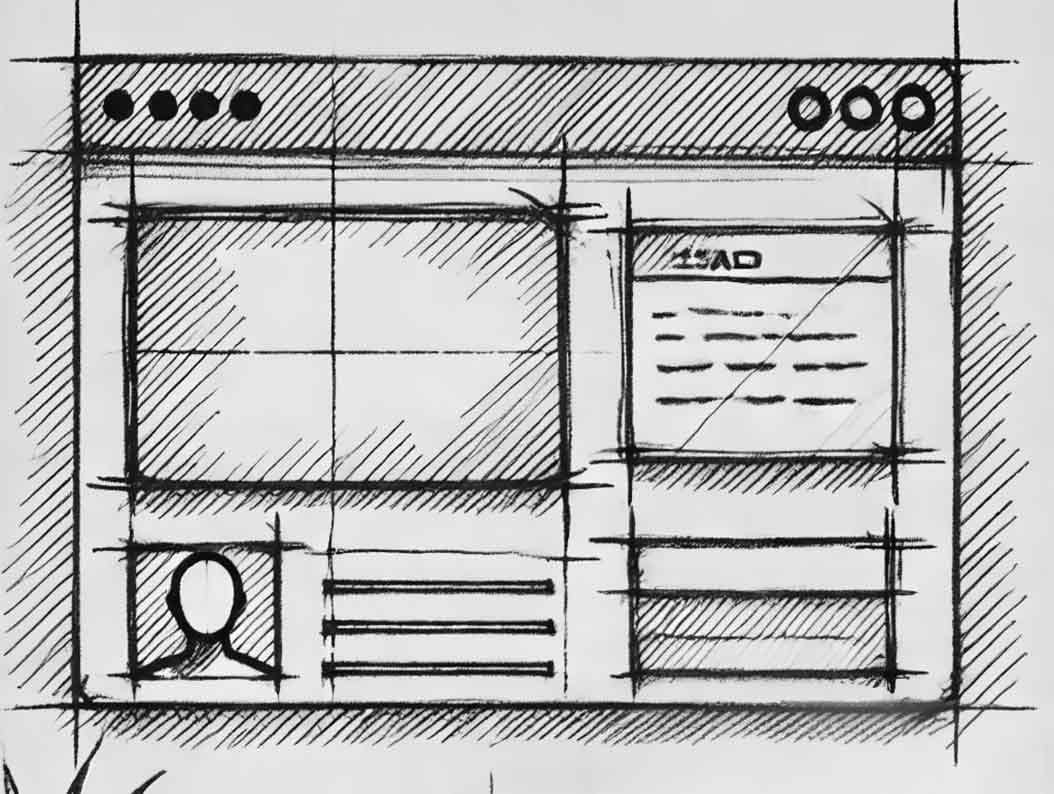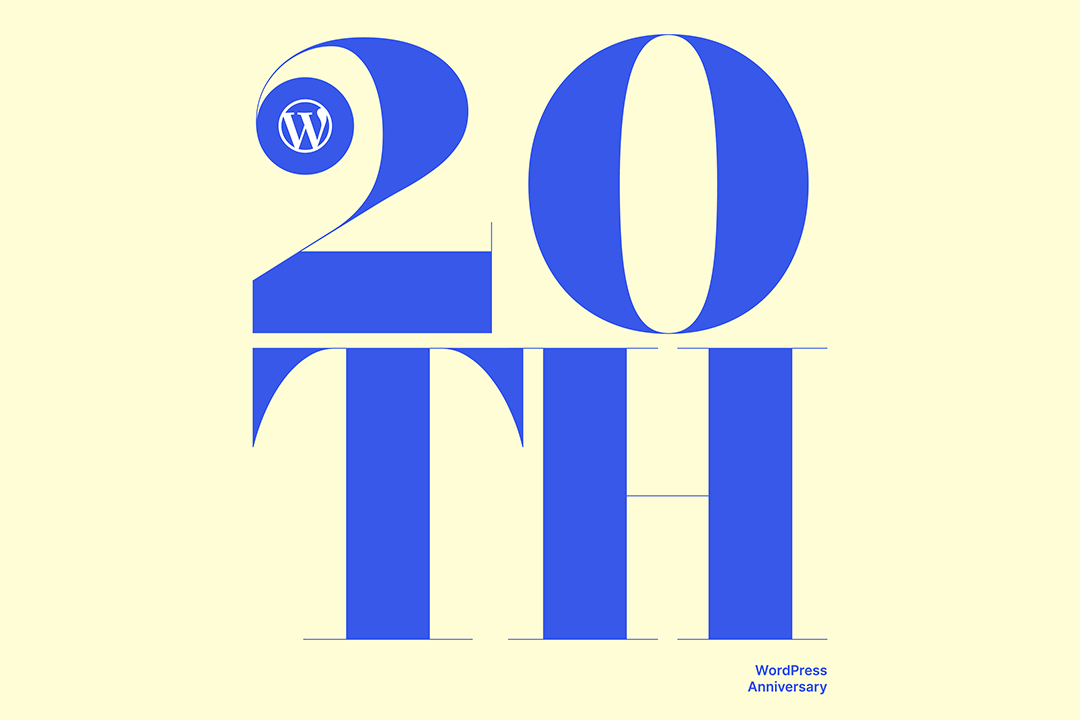There’s been a lot of talk about “thriving” in WordPress. It originates from Josepha Haden Chomphosy, the project’s former Executive Director. Her address at WordCamp US 2023 was a call to action to ensure a successful future.
Yes, it seems like eons ago, given the current tumult within the project. However, we all want to see WordPress thrive as an app and an open-source project. But what about the people who make a living building with it? The blue-collar WordPressers, as my colleague Matt Medeiros likes to say.
Both the software and its ecosystem have changed. Using WordPress (and making money with it) isn’t as simple as it once was. That has left freelancers and small agencies to try and adapt.
It’s an important topic. I believe WordPress needs freelancers to succeed. After all, we’re the ones who recommend the content management system (CMS) to our clients. We’ve helped it grow, one site at a time. Holding onto this base helps maintain stability and growth.
So, I’ll ask the question: How can WordPress freelancers thrive? Let’s take a fresh look at making a living in this era.
Create a Workflow That Helps You Stay Current and Flexible
WordPress offers multiple ways to build a website. Choosing the right one for you can be a challenge, though.
The Block and Site editors keep changing. New blocks and settings seem to arrive in each release. As do behind-the-scenes tweaks that impact existing projects. You might have to refactor any custom code to account for these shifts.
Plus, you may not find all the features you’re looking for in a default install. That means living without a few things or using plugins to fill the gaps. Oh, and block themes still haven’t come close to market domination.
Traditional page builders are another possibility. However, they require buying into an ecosystem. Not everyone is comfortable with that arrangement.
You can also take a hybrid approach to things. For instance, I like to combine the Block Editor with a classic theme. I find that it provides me with the flexibility I need. I can still use PHP to build functionality. And I can create custom blocks when the job calls for it. This way can feel disorganized, though.
Regardless, the key is to find something that works for you now and won’t hamper you in the future. Create a workflow that’s easy to replicate and uses modern features. That will keep you on pace with the competition.
Perhaps that’s easier said than done. No tool or process will last forever. Thus, it’s a matter of finding something that matches your needs.
Be Open to Change
Let’s take it a step further and talk about change. Change is difficult for many of us. We establish a routine and stick with it. That can be a good thing. But this industry doesn’t sit still for very long.
WordPress is no exception. Think back to when you started using it. What did it look like? What was your workflow like? What themes and plugins did you use?
Things have likely changed quite a bit since then. My first experience with WordPress was hacking away at the Kubrick theme. So yeah, it’s been a while.
That’s why it’s essential to keep an open mind. Stay informed about new features and products. They are gateways to growth.
You don’t have to adopt every “can’t miss” item. Instead, look for opportunities to level up. Change when it makes sense for you.
You might find something that makes your job easier. Or allow you to offer new client services. It’s a chance to make more money and further establish credibility.
WordPress will continue to evolve. Don’t get left behind!
Learn WordPress Security Deeply
Keeping your client sites secure has become front-and-center. We live in a world where security threats come from every direction.
For its part, WordPress is a prime target for malicious actors. Its massive market share is attractive to those looking to wreak havoc.
It’s an area that has complicated life for freelancers. Every choice we make comes with risk – from plugins to hosting. We see it in the steady stream of disclosed vulnerabilities. Even worse, waking up and finding your client’s site has been hacked.
Freelancers face a constant barrage of security issues. And there is no single solution.
Just look at the data breaches impacting large organizations. If, with all of their resources, they still get hacked – what does that say about the rest of us? No website is immune.
So, what can we do? Learn security deeply. Study the potential threats. Combine tools and secure practices – and teach your clients to do the same.
Security is becoming a full-time job unto itself. Understanding it and taking proactive measures is crucial to making it as a freelancer.
It has also driven costs through the roof. The price of hosting and security tools can eat away at profits. Pass those costs along to your clients. Charge accordingly for your time and attention.
Most importantly, keep learning. The types of threats we face will only continue to grow.
Find Projects That You’re Passionate About
Freelancing is a choice – one we’re fortunate to have. But it’s hard and stressful work. It seems like we’re always fighting to survive, hoping to last another year in a competitive market.
The secret to doing this long-term is to find your passion. For me, WordPress provided something to be passionate about. I found it during some uncertainty in my career. It empowered me to take on projects I previously couldn’t.
That’s just my story, though. So, what if you’re not passionate about WordPress itself? That’s OK. You can still use it to pursue projects you care about.
The idea is to find a niche that makes you feel good. Maybe that’s working with non-profits or entrepreneurs. It could also be a fun side project.
It might sound a bit strange. Passion doesn’t pay the bills, right? Nope. But it does fuel a desire to do more. To learn new skills and think of new ideas.
It’s a necessary ingredient to thriving. And it’s infinitely better than being stuck in boredom. Find what makes you passionate and go for it.
Contribute to the WordPress Community
Contribution is a very subjective word. People love to argue about what counts and what doesn’t. For our purposes, we’ll simplify.
Let’s not focus on contributing to WordPress as a project. Although, it’s great if you want to go down that path.
I’m talking about getting involved in the WordPress community. It doesn’t have to be in an official capacity. It might be a matter of attending a meetup or connecting with others online (The WP Minute Slack is a great place to do this).
Get to know other freelancers and product makers. Join a network that allows you to share ideas.
Doing so can help you keep up with an ever-changing landscape. And it might lead to some beneficial partnerships.
Web development can be lonely work. It’s easy to bury your head in the sand and avoid connection. However, that could get in the way of your personal and professional well-being.
Make an effort to connect. Be a part of the discussion in a way you’re comfortable with. You’ll be better off for it.
Learn to Thrive in a New Era of WordPress
I’m amazed at how much WordPress has changed. The way we do things has evolved. So has the environment we work in. It has placed more burden on freelancers.
Thus, thriving requires a lot of effort. The ability to adapt is paramount. As is the ability to recognize when it’s time to change. A willingness to learn is also a must.
In addition, we shouldn’t overestimate the importance of loving what we do. It’s harder to succeed if you don’t have something that brings at least a little joy. That provides a much-needed incentive to move forward.
Consider this when thinking about your future as a freelancer. Thriving doesn’t happen by accident.
The good news is that, despite its warts, WordPress can still be the vehicle to get you there. But it’s up to you to chart the course.
Join The Newsletter
Get your favorite 5 minutes of WordPress news for busy professionals every week — 100% Free! Join the WP Minute Newsletter below 👇






